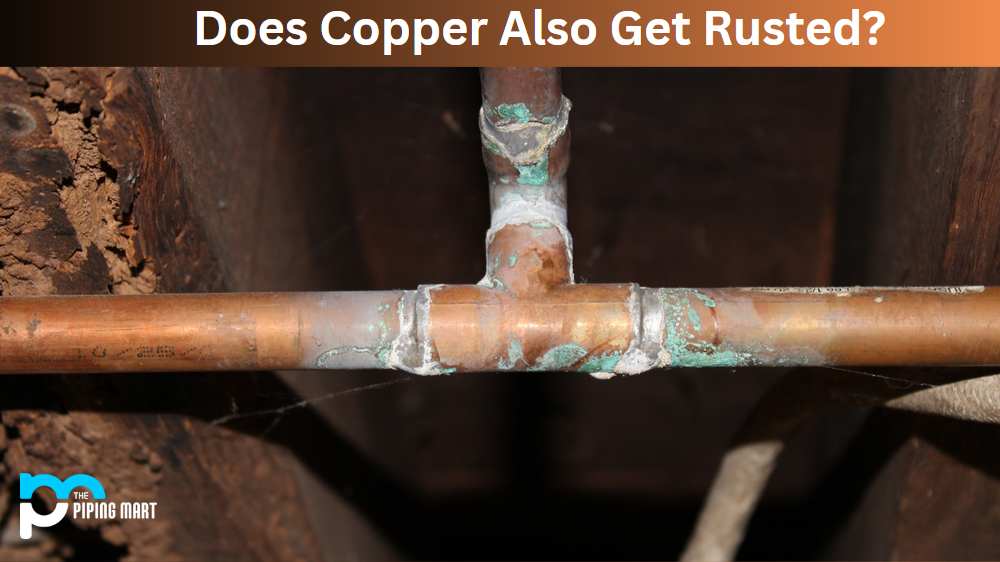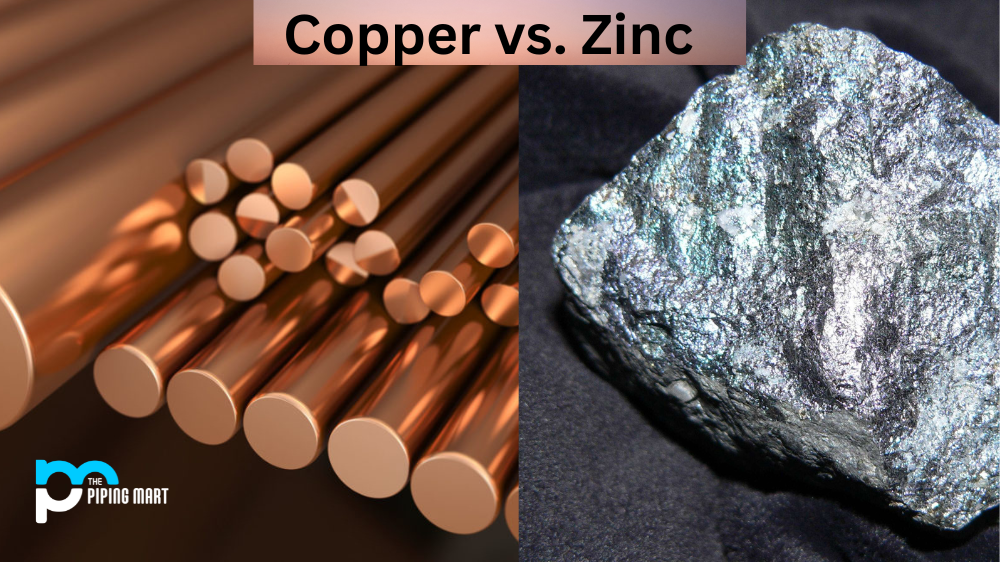When exposed to air and moisture, we all know that metal can corrode or rust over time. But what about copper? Can copper rust, too? The answer is more complicated than you might think. Let’s take a closer look at how copper reacts to the elements and how it fares against rusting.
What is Rust?
Rust is a form of corrosion caused by the oxidation of iron molecules when they are exposed to oxygen and moisture. The result is a reddish-brown flaky substance called iron oxide (or Fe2O3), which is also known as “rust”. As we all know, metal objects made of iron are prone to corrosion and rusting if not properly maintained or treated with protective coatings.
Does Copper Rust?
Unlike other metals, such as iron and steel, copper does not rust in the traditional sense. However, it can corrode over time due to exposure to air and moisture. The good news is that this process takes much longer than with other metals—sometimes even centuries! This happens because the surface layer of copper oxidizes slowly and forms a protective barrier against further oxidation or corrosion. This protective layer acts like an invisible shield that prevents further deterioration of the metal beneath it.
Copper’s Corrosion Resistance
Unlike other metals, copper’s natural ability to resist corrosion plays an essential role in its popularity for use in construction projects and electrical wiring systems. Copper’s resistance to corrosion has been well-documented throughout history; from ancient monuments such as Stonehenge in England to modern skyscrapers like the Empire State Building in New York City, copper has proven its durability over time. Its resistance makes it an ideal choice for outdoor structures that will be exposed to harsh weather conditions for years on end without any signs of deterioration or corrosion.
Conclusion:
Copper may not actually “rust”, but it can corrode when exposed to air and moisture over time due to oxidation processes that form a protective barrier against further corrosion or deterioration of the metal beneath it. Its natural corrosion resistance has made it popular for use in construction projects and electrical wiring systems due to its long-term durability despite being exposed to harsh weather conditions for long periods without any signs of degradation or damage. All in all, if you want your project or structure to need a metal that can stand up against weathering elements over time – then look no further than copper!

A passionate metal industry expert and blogger. With over 5 years of experience in the field, Palak brings a wealth of knowledge and insight to her writing. Whether discussing the latest trends in the metal industry or sharing tips, she is dedicated to helping others succeed in the metal industry.




